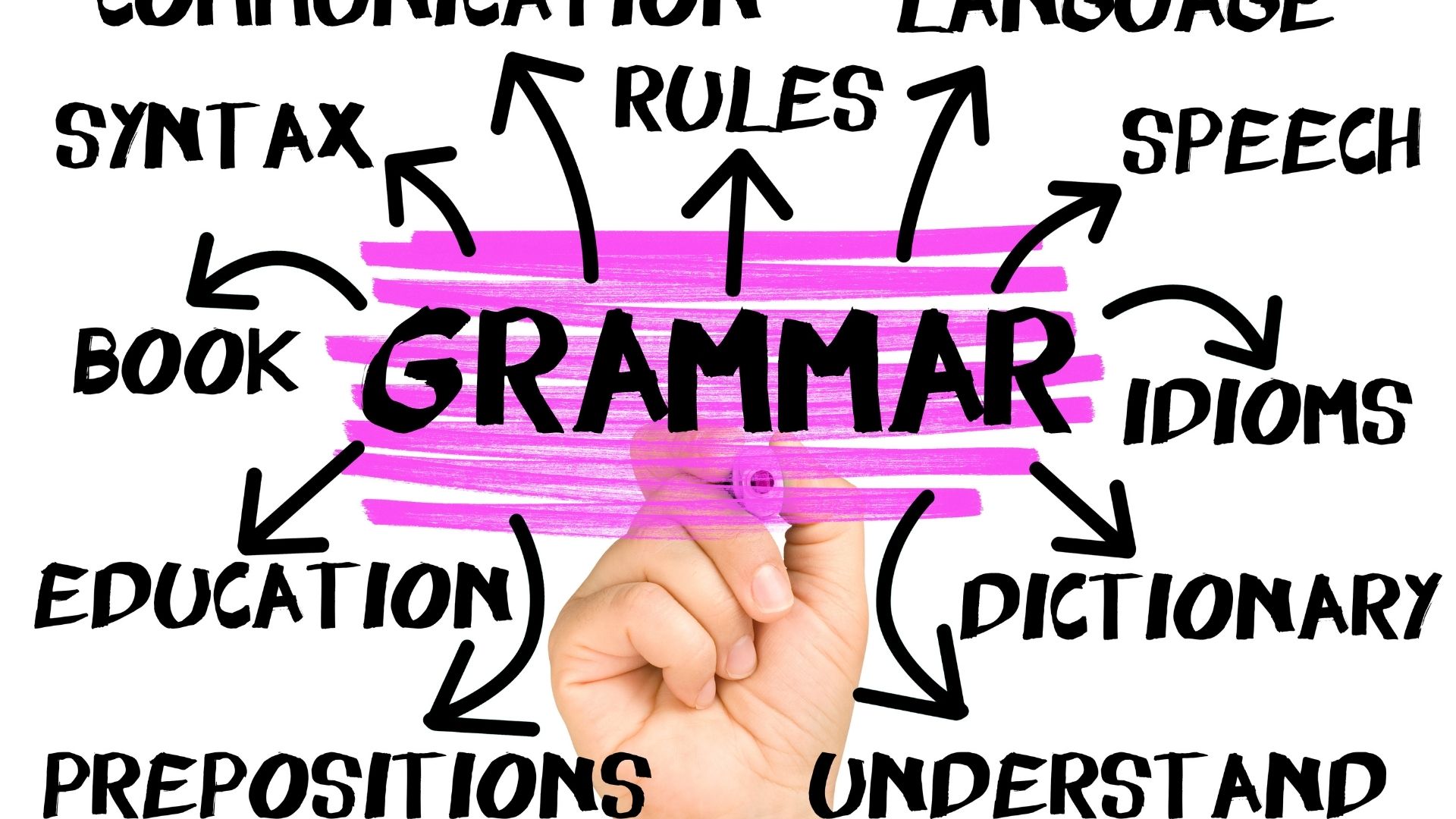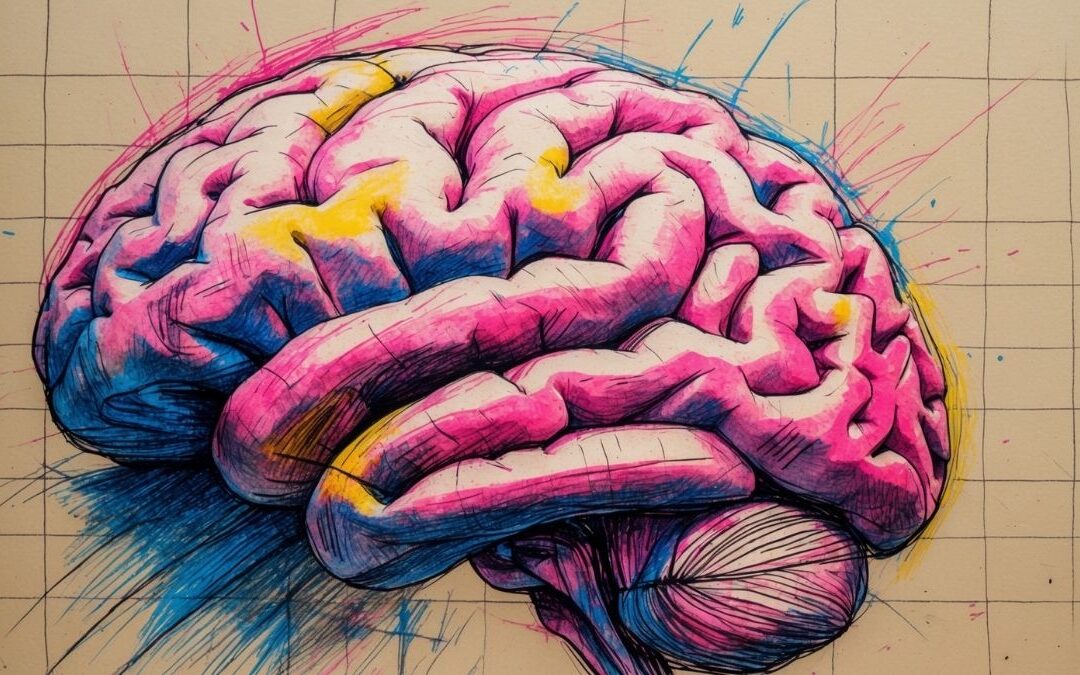Introduction
In this premium episode, we will continue with our series Grammar and Speaking and we’ll talk today about have to and must; the similarities and differences between them and how we can use them in different contexts to be able to express ourselves more efficiently in English.
Audio Episode
Lesson Highlights
Have to
I have to do something = it is necessary to do it, I am obliged to do it:
- You can’t turn right here. You have to turn left.
- I have to wear glasses for reading.
- Robert can’t come out with us this evening. He has to work late.
- Last week Tina broke her arm and had to go to hospital.
- I haven’t had to go to the doctor for ages.
We use do/does/did in questions and negative sentences (for the present and past simple):
- What do I have to do to get a new driving license? (not What have I to do?)
- Karen doesn’t have to work Saturdays. (not Karen hasn’t to)
- ‘Did you have to wait a long time for a bus?’ ‘No, only ten minutes.’
You can say I’ll have to … , I’m going to have to … , I might have to … , I may have to … :
- They can’t repair my computer, so I’ll have to buy a new one. Or … I’m going to have to buy a new one.
- We might have to change our plans. or We may have to change … (= it’s possible that we will have to change them)
Must
Must is similar to have to. You can say:
- It’s later than I thought. I must go. or I have to go.
You can use must or have to when you give your own opinion (for example, to say what you think is necessary, or to recommend someone to do something):
- I haven’t spoken to Sue for ages. I must phone her. / I have to phone her. (= I say this is necessary)
- Mark is a really nice person. You must meet him. / You have to meet him. (= I recommend this)
We use have to (not usually must) to say what someone is obliged to do. This is a fact, own opinion:
- I have to work from 8.30 to 5.30 every day. (a fact, not an opinion)
- Jane has to travel a lot for her work.
But we use must in written rules and instructions:
- Applications for the job must be received by 18 May.
- Seat belts must be worn.
We use had to (not must) to talk about the past:
- I went to the meeting yesterday, but I had to leave early. (not I must)
Mustn’t and Don’t Have to
You mustn’t do something = don’t do it:
- You must keep this a secret. You mustn’t tell anyone. (= don’t tell anyone)
- I promised I would be on time. I mustn’t be late. (= I must be on time)
You don’t have to do something = you don’t need to do it (but you can if you want):
- You don’t have to come with me. I can go alone.
- I don’t have to be at the meeting, but I’m going anyway.
Have Got to
You can use have got to instead of have to. You can say:
- I’ve got to work tomorrow. or I have to work tomorrow.
- When has Helen got to go? or When does Helen have to go?











0 Comments